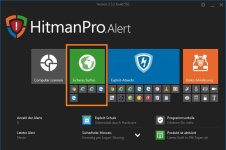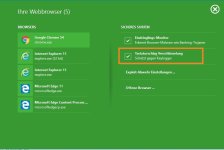Windows x64 provides limitations to security software and has done since Windows Vista. It's not the fault of the vendor, some things cannot be done the same on x64, and if they can be re-implemented on x64 then they won't be necessarily as secure as they could have been on x86. For example, self-protection won't be as secure for security software on x64 compared to x86 systems; this is down to changes in the kernel which Microsoft did for "protection" purposes since they dislike manipulation of the Windows Kernel.
Maybe Zemana do SSDT hooking on x86 systems as part of their identity theft, I am not sure without checking - maybe I will actually check sometime in the following week if I have the time. Unless they are doing something in kernel-mode on x86 systems which will either not work/trigger a BugCheck crash on x64 systems, then I myself am unsure on why it wouldn't work okay on x64 systems.

